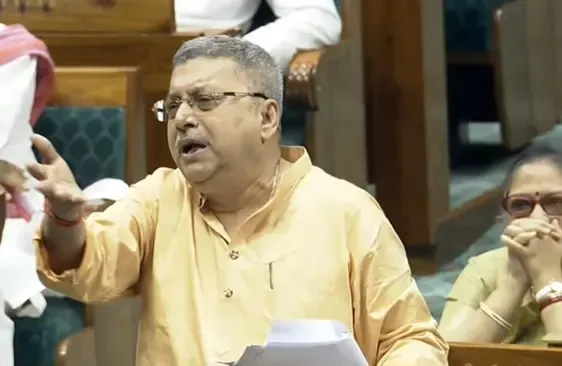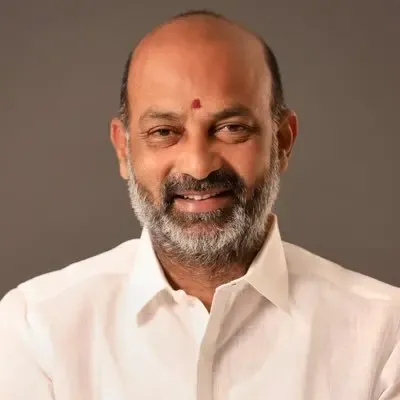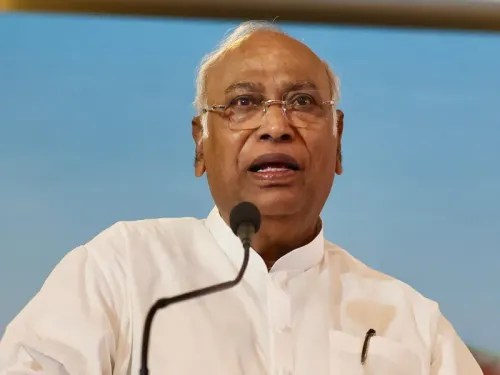Trinamool MP Criticizes Waqf (Amendment) Bill as Constitutional Threat

Synopsis
Key Takeaways
- Banerjee argues the Bill violates the Constitution.
- Claims the Bill infringes on Muslim community rights.
- Describes the Bill as an attempt to divide communities.
- Criticizes the removal of Section 40.
- Strong opposition from Trinamool and other parties.
New Delhi, April 2 (NationPress) Trinamool Congress (TMC) MP Kalyan Banerjee on Wednesday vehemently criticized the Waqf (Amendment) Bill, labeling it a direct infringement on the Constitution.
He argued that the bill “hits the basic structure” of the Constitution and encroaches on the rights of the Muslim community to oversee its religious matters.
While speaking in the Lok Sabha during the discussion, Banerjee contended that the bill affects two critical areas—governance of the Waqf Board's religious aspects and empowering state governments to resolve disputes concerning Waqf properties, including land and buildings.
Referencing Article 26 of the Constitution, Banerjee remarked: “Waqf is an institution for religious and charitable purposes. Muslims possess the constitutional right to manage their own religious affairs as Waqf property belongs to Allah.”
He emphasized that the bill infringes upon these rights and is, therefore, in “clear breach” of the Constitution.
Addressing the provision that permits a person practicing Islam for five years to declare a Waqf, Banerjee contended that religious duties should not serve as a foundation for legislation.
“An individual can fulfill their religious obligations at any stage of life, even at the moment of death,” he pointed out.
Banerjee also maintained that the Bill falls under the state list; hence, Parliament lacks the authority to legislate on Waqf-related land and buildings.
“The Parliament is now encroaching upon the power of state legislation. Thus, it is entirely unconstitutional,” he stated.
Expressing his party's staunch opposition, Banerjee affirmed that the Trinamool would vote against the Bill.
He further accused the ruling party of seeking to divide the Waqf boards along sectarian lines, describing it as a manifestation of their “evil intention.”
“Under the pretense of the Waqf Amendment Bill, the government is attempting to create distinct classifications of Waqf boards based on sects. If the title suggests unity, why does the bill aim to divide?” he questioned.
Banerjee alleged that the Bill is a government tactic to gain control over Waqf properties, which he referred to as the foundation of the Muslim community.
He further claimed that the proposed legislation attempts to create divisions between Hindu and Muslim communities.
Labeling the Bill “misconceived, irrational, and arbitrary,” Banerjee also criticized the exclusion of Section 40, which pertains to claims over Waqf property.
He argued that this removal would render the Waqf legislation ineffective, dubbing it a “toothless doll.”
With robust opposition from the Trinamool and other parties, the debate surrounding the Waqf (Amendment) Bill continues to escalate in Parliament.









